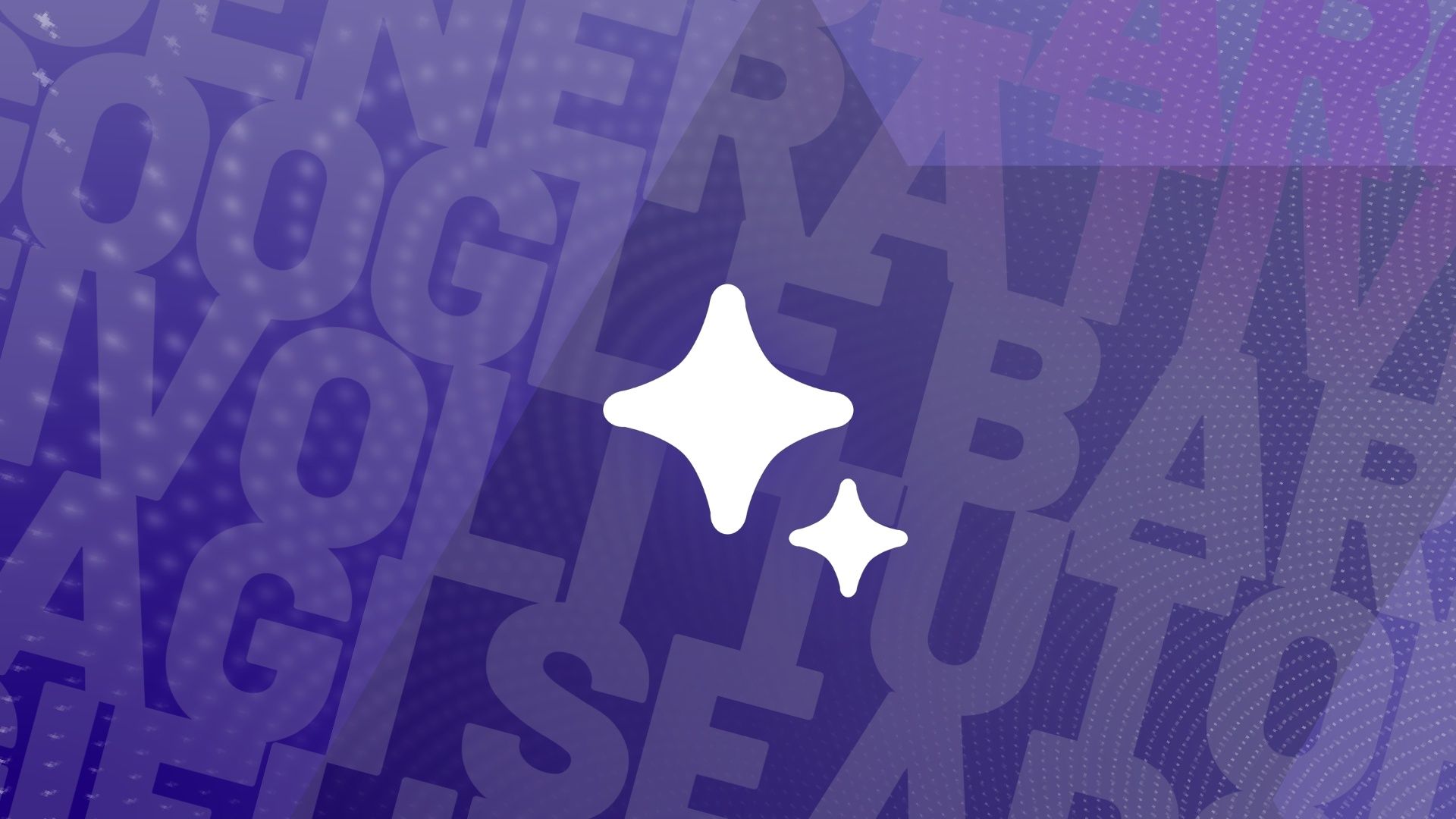Summary
- Gemini Nano is finally coming to the Pixel 8, allowing for advanced AI features previously exclusive to the Pixel 8 Pro.
- Google’s decision to bring Gemini Nano to the Pixel 8 is a major shift from its earlier statement on the matter.
- Despite memory constraints on the Pixel 8, Google is excited to provide more users the opportunity to try out Gemini Nano.
I think it’s safe to say Pixel 8 users weren’t too happy with Google’s decision not to bring Gemini Nano to its newest flagship. It was yet another AI-focused feature designed solely for the Pixel 8 Pro, with some users even calling the company out for effectively violating its update policy. Some hard-working engineers at Google must’ve heard the outcry, because not only is Gemini Nano coming to the Pixel 8 after all, but it’ll be here before the start of summer.
Today, Google confirmed it’s bringing its on-device LLM to its smaller 2023 flagship, a complete turnaround from the statement shared during an episode of The Android Show released earlier this month. It’ll arrive as a developer preview (presumably enabled through developer settings, just as it initially was on the Pixel 8 Pro) and will deliver support for Recorder’s auto-summaries and Smart Reply in Gboard.

Google’s new Gemini-powered tools on Pixel 8 Pro failed to impress me
Summarize in Recorder and Smart Replies in Gboard are barely worth the effort of activating AiCore
It’s a big shift from Google’s previous statements
During that episode of The Android Show, Google didn’t dive deep into the reasoning behind leaving the Pixel 8 behind, especially considering it’s running the same chipset as its bigger sibling. The leading theory came down to a memory shortage; the Pixel 8 only has 8GB of RAM, compared to 12GB on the Pixel 8 Pro. However, the Galaxy S24 series also supports Gemini Nano, and its smallest member likewise runs on just 8GB of RAM. Regardless, memory constraints seem to be the culpret, as Google notes in today’s statement:
We’ve seen a lot of excitement from users and developers since Pixel 8 Pro became the first smartphone to get Gemini Nano last year. Running large language models on phones with different memory specs can deliver different user experiences, so we have been testing and validating this on Pixel 8. We’re excited to provide the opportunity for more enthusiasts and developers to try out Gemini Nano, where we hope to get more feedback and see more innovation.
And thankfully, it won’t be long until we know even more about what’s happening behind the scenes. Google has promised an episode of the Made by Google podcast with Seang Chau, VP of Engineering, is dropping alongside this news, and although we didn’t get to hear an early preview, we’ll update with more context as it appears. I’ve also reached out to Google directly to ask for additional details — particularly on the technical side of things — about Gemini Nano’s unexpected transition to the Pixel 8.
The next Pixel Feature Drop should arrive in June, and we’ve already seen two different betas for it. It’s unclear if Gemini Nano will be part of a future beta drop — a new one should be on the way for as early as next week — or if we’ll be waiting for the full launch to try out Google’s smallest LLM on its smallest smartphone. I’ve asked Google if we’ll get an early preview, and will update this coverage when we hear back.
Either way, it’s great news for Pixel 8 owners, and even better news for anyone with their eyes on that newly-leaked Pixel 9 lined up for launch later this year. Plus, with Google I/O just around the corner, we could be seeing plenty of new on-device applications for Gemini in just a few weeks.

Google Pixel 8
The Google Pixel 8 is Google’s best phone yet, and it’s the most distinct regular model when compared to the Pro version. It comes with a wonderful form factor that fits well in the hands and has the usual software prowess that you expect from a Pixel.




